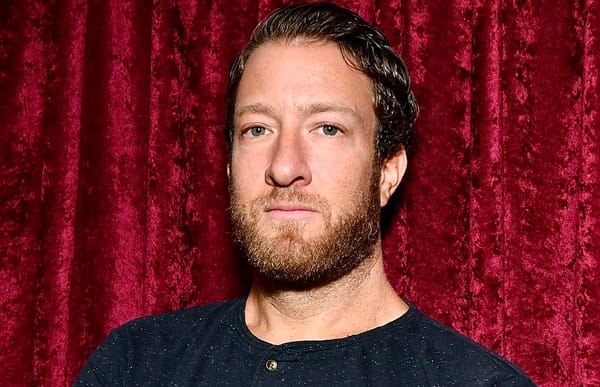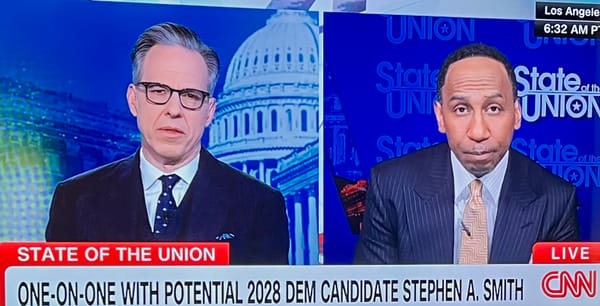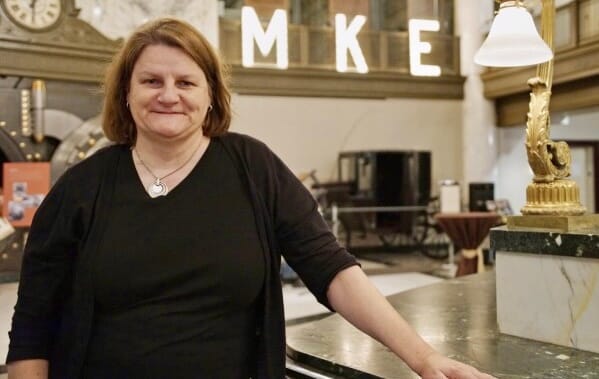How Jewish journos handle hate
How Jewish publishers, editors and writers respond to anti-Semitism was served with bagels and coffee Tuesday morning at a conference arranged by the Jewish Federation of Greater Philadelphia.
Jewish panelists were Philadelphia Gay News founder and publisher Mark Segal, Jewish Exponent Editor Liz Spikol, and journalist Stu Bykofsky, a.k.a. Me. We are all Jewish.
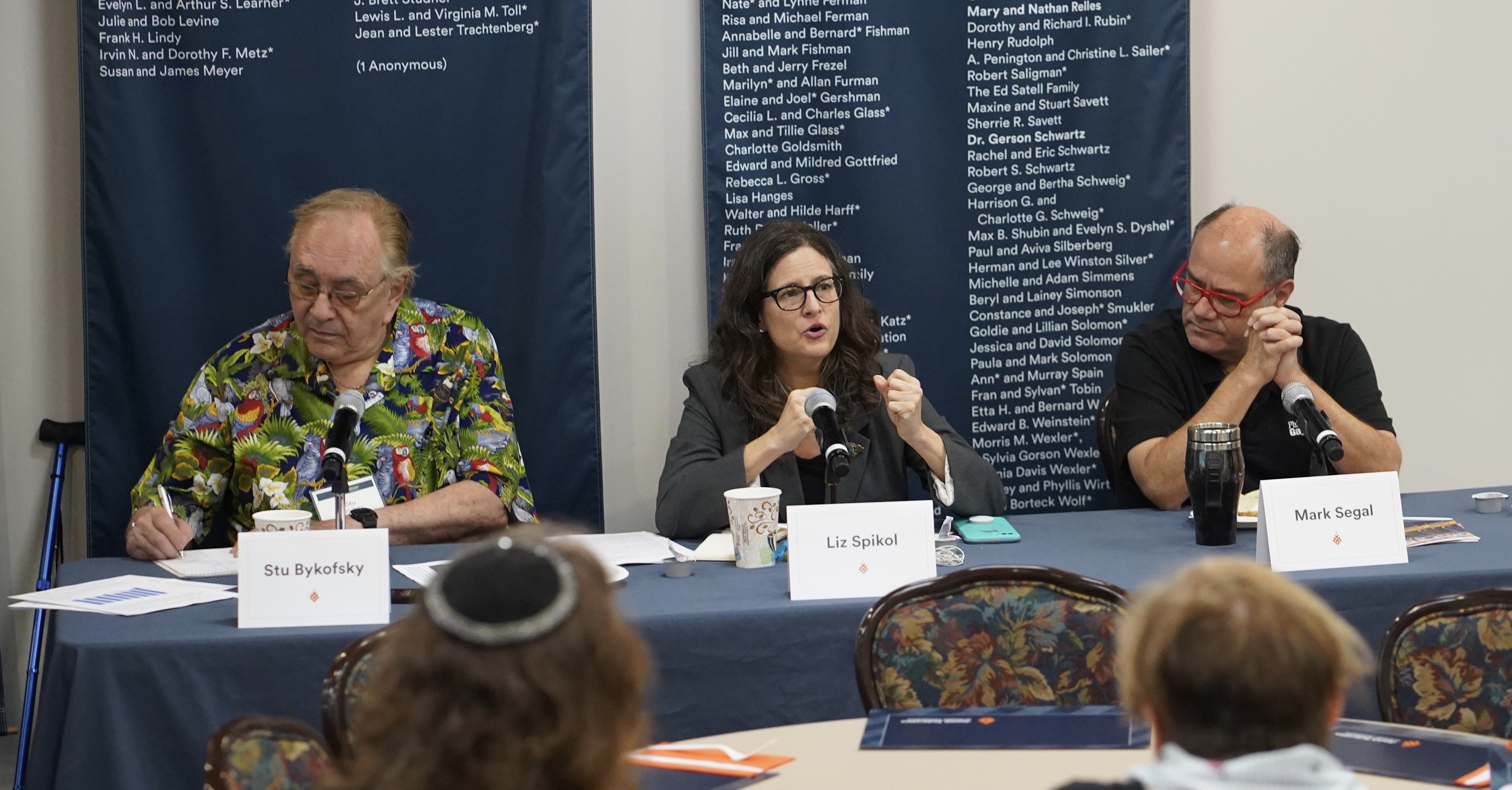
While there were divergent views around the edges, the most important takeaway was that the Gay News, the Jewish Exponent and my former papers, the Daily News and Inquirer, generally quote the other side, even when the other side is a hate group.
Spikol said she quotes the other side, even when covering hate crimes, such as the Tree of Life synagogue slaughter in Pittsburgh. “People have to know why there is hate,” she said, but drew the line at publishing the name of the murderer.
I agreed with giving both sides, but disagreed on not naming the murderer, because the “who” is a basic journalistic question and also because his name is a search term for people researching the crime.
The audience, comprised of friends and partners of the Jewish Federation, listened respectfully.
None of the panelists said they got anti-Semitism directed at them personally. Spikol said she expected more, as female Jewish writers have been trashed in social media. I reported I haven’t heard “Jew bastard” in quite some time. What I get now is (of course) “racist.”
Early in her career, in the ‘90s, Spikol said she wanted to do stories on white supremacists, who now may have morphed into white nationalists or the alt.right. Editors then said no, fearing giving oxygen to the fringes, which now have moved into central positions, she said.
I believe hate groups must be covered in two ways: First as a news story, objectively and fairly. Second by opinion writers, columnists and editorial writers, who can filet and ridicule the voices of hate. Hate is rarely rational.
The panel agreed that anti-Zionism — opposition to the Jewish state of Israel — is not always the same as anti-Semitism — hatred of Jews — but it sometimes is. It is our obligation to fairly differentiate between the two. That’s what journalists are supposed to do, and I’d like to think that’s what Jews do too, but stereotypes don’t always hold up. (Although they sometimes do.)
The theme of the morning conference was that anti-Semitism is on the rise, in the U.S., and around the globe. That is true.
The latest year for which we have numbers is 2017, and FBI statistics showed a 17% increase in “hate crimes” over the previous year. “Hate crimes” says a lot and says a little.
The 17% increase brought the Grand Total of “hate crimes” in the United States to — timpani, please — 7,175. In a country of 327 million.
You do the math. The 7,175 is little more than a rounding error.
Should we ignore them? No.
Regular readers know my philosophical foundation is Obey The Law. People who break the law must be prosecuted, but when the numbers are as small as they are here, let’s not wet our pants.
This calls for vigilance, not panic.
Of the 7,175 “hate crimes,” the largest religious share, 938, were directed against Jews — about four times the number committed against Muslims, 273.
Spikol said she thinks her publication covers BDS (boycott, divestment, sanctions) “aggressively, maybe too aggressively.”
I have written about the anti-Israel BDS several times, holding them accountable for lies, such as claiming Israel is an apartheid state, when it is indisputable that Israeli Arabs have more freedom than Arabs anywhere else in the Middle East. To me, BDS stands for Bullshit and Double Standards.
All three panelists agreed Palestinians have rights and they should have a state. Many American Jews agree, and half of all Americans agree.
Segal noted hypocrisy in his gay community by activitists who make demands of Israel, while they know being an out gay in the Arab Middle East would likely lead to their death. He’s been having that fight for a long time.
When Palestinians get a state, he will demand not just gay rights, but Jewish rights because some Jews will live in Palestine, he said. (He may have to convince Palestinian President Mahmoud Abbas, who believes in actual apartheid.)
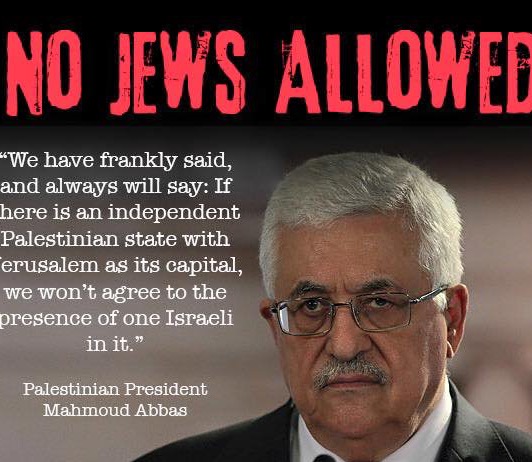
There was some discussion of the role of social media, with the consensus saying despite the great promise of the internet, platforms such as YouTube and Facebook are not doing enough to control hate messages, said Spikol.
Me? I would blow up Twitter.
I say that knowing someone is sure to tweet this out.
I can take the heat.

